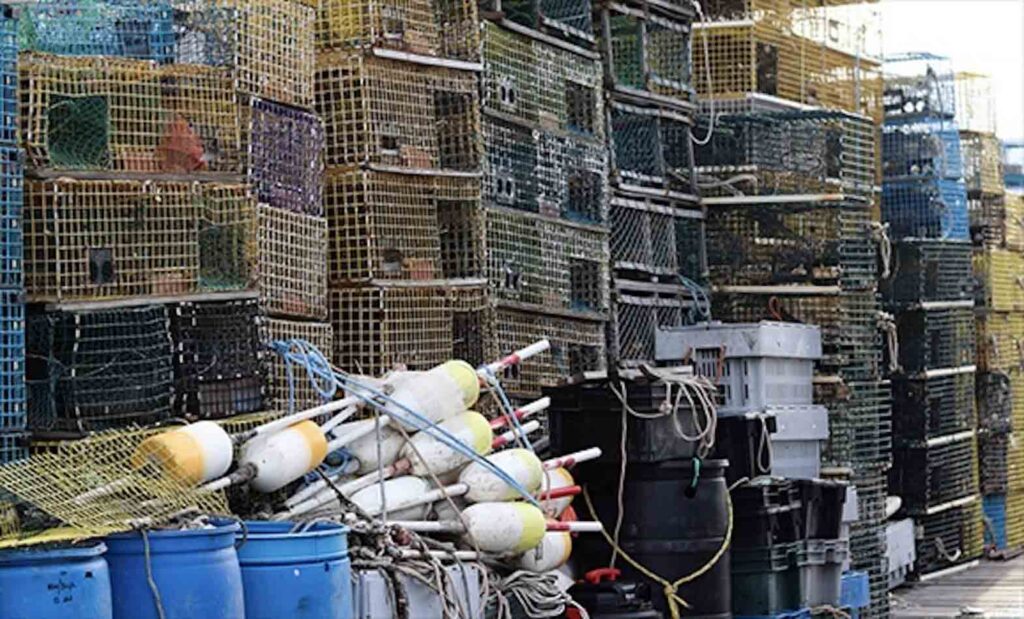Temporary foreign workers, including Filipinos, face grim plight in New Brunswick seafood industry

TFWs in New Brunswick’s seafood processing industry face “threats, long hours, overcrowded accommodations, low pay and unsafe working conditions, amid the Covid pandemic,” the study found. DAL.CA
Temporary foreign workers (TFWs), including Filipinos, who filled vacancies in seafood processing in the Canadian province of New Brunswick during the pandemic, have ended up in grueling, oppressive, even dangerous jobs for meager earnings, according to research from Dalhousie University.
TFWs face “threats, long hours, overcrowded accommodations, low pay and unsafe working conditions, amid the Covid pandemic,” the study found.
“We discovered that the occupational conditions of low-wage migrant workers in the seafood industry are much more precarious than what we have seen so far in the region,” says Dr. Raluca Bejan, an assistant professor of Social Work at Dalhousie and lead author of a new report on the issue.
Dr. Bejan said hours-long interviews with 15 TFWs (13 Mexicans and 2 Filipinos) who arrived in New Brunswick in 2020 painted a grim picture, the Dalhousie University news site’s Alison Auld reported. .
“Harassment and verbal abuse, yelling, dangerous working conditions, washroom breaks deducted from paycheques, fear, employer threats of deportation, limited training and low pay,” she says left many workers on edge.
The workers also described cramped, barely heated housing with up to 20 people living in one house, limited space for food and unsuitable beds that left some sleeping on the floor.
The research team found that the TFWs paid recruitment fees of up to $2,000, earned $13 per hour or just $300 a week. Some paid about $300 a month for lodging, with one person paying $11,000 to secure a work contract in New Brunswick.Many missed their families and felt like outsiders in their work communities.
The study makes 12 recommendations for the federal and provincial governments to improve protections for the TFWs, including granting permanent residence on arrival, open work permits to enable workers to change employers in cases of abuse, and ensuring access to safe and affordable housing as well as health insurance.
“This program cannot be only a one-way street — beneficial for Canada and Canadian industry only,” says Dr. Bejan. “Canada has an obligation to look after migrant workers, especially since the seafood processing industry constitutes 30 percent of Canada’s GDP in the marine sector.”

